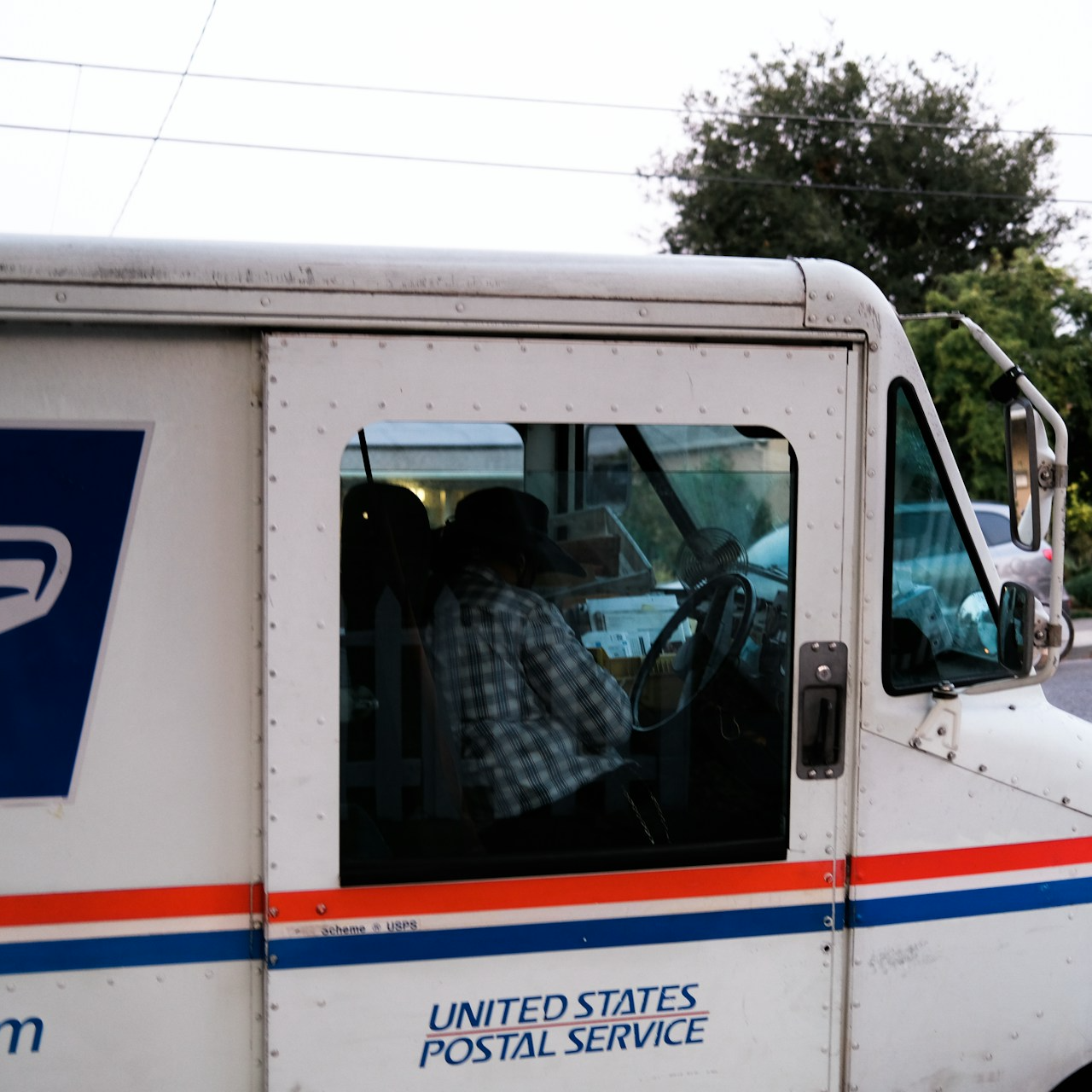Key Takeaways
- USPS employees and retirees can optimize their healthcare coverage by understanding how Medicare integrates with the Postal Service Health Benefits (PSHB) Program.
- Proper coordination of Medicare and PSHB benefits can help minimize out-of-pocket expenses and ensure comprehensive healthcare coverage in retirement.
Medicare and the Postal Service Health Benefits Program
The Postal Service Health Benefits (PSHB) Program offers health insurance options to United States Postal Service (USPS) employees, retirees, and their families. These benefits provide comprehensive healthcare coverage throughout employees’ careers and into retirement. Understanding how the PSHB Program coordinates with Medicare is crucial for maximizing healthcare coverage and minimizing out-of-pocket expenses for postal employees and retirees.
Integrating Medicare with Postal Employee Benefits
Medicare is a federal health insurance program primarily for individuals aged 65 and older, offering benefits that complement the health coverage provided by the USPS. For active postal employees, the PSHB Program serves as the primary health insurance provider. However, upon retirement and reaching the age of 65, employees become eligible for Medicare. Coordinating these two programs effectively can help cover costs that one program alone might not fully address, such as copayments, coinsurance, and deductibles.
USPS Health Benefits and Medicare Coordination
Coordination between the PSHB Program and Medicare involves understanding how Medicare Parts A and B integrate with existing USPS health benefits. Generally, Medicare becomes the primary insurer for eligible retirees, while the PSHB Program acts as secondary coverage. This arrangement can be advantageous, as it helps cover costs that Medicare does not fully pay for, ensuring comprehensive healthcare coverage.
Medicare Options for Postal Employees
As USPS employees approach retirement age, they need to consider their Medicare options, including:
- Original Medicare (Part A and Part B): Part A covers hospital insurance, while Part B covers medical insurance.
- Medicare Advantage Plans (Part C): These plans are offered by private insurers approved by Medicare and provide all Part A and Part B benefits, often including additional services like vision, dental, and hearing.
- Medicare Prescription Drug Plans (Part D): These plans offer coverage for prescription medications.
Each option offers different benefits and coverage levels. Consulting with a licensed insurance agent can help postal employees determine the best options for their individual healthcare needs and financial situations.
USPS Retirees and Medicare Enrollment
Navigating the Medicare enrollment process is critical for USPS retirees to avoid penalties and ensure seamless coverage. It is important to enroll in Medicare Parts A and B when first eligible, typically at age 65. Delaying enrollment can lead to higher premiums and potential coverage gaps. Retirees should be aware of their initial enrollment period, the general enrollment period, and the special enrollment period if they continue working past the age of 65.
Medicare Advantage for Postal Workers
Medicare Advantage Plans, also known as Part C, offer an alternative to Original Medicare. These plans often include additional benefits like vision, dental, and hearing coverage. For postal retirees, Medicare Advantage Plans can consolidate multiple benefits into a single plan, potentially providing more comprehensive coverage. Evaluating the pros and cons of Medicare Advantage versus keeping PSHB Program coverage is an essential step in retirement planning.
Comparing USPS Benefits with Medicare
Comparing USPS health benefits with Medicare involves assessing the scope of coverage, costs, and provider networks. USPS health benefits might offer broader coverage or different advantages compared to Medicare alone. Conversely, Medicare might provide better access to certain healthcare services or specialists. A thorough comparison helps retirees make informed decisions that best meet their healthcare needs.
Medicare Supplement Plans for Postal Retirees
Medicare Supplement Plans, also known as Medigap, can fill the gaps left by Original Medicare by covering expenses like copayments, coinsurance, and deductibles. These plans can be particularly beneficial for postal retirees who want to minimize out-of-pocket expenses. Understanding how Medigap works alongside the PSHB Program can provide retirees with comprehensive and affordable healthcare coverage.
Preparing for Healthcare in Retirement
As USPS employees approach retirement, preparing for healthcare needs becomes a priority. Understanding the interplay between USPS health benefits and Medicare helps in making informed decisions about coverage options. Early planning can lead to significant cost savings and ensure that retirees have access to necessary healthcare services without unexpected financial burdens.
Navigating the Transition from Work to Retirement
The transition from work to retirement involves many changes, including shifts in healthcare coverage. USPS employees must navigate this transition by understanding their health benefits, knowing when to enroll in Medicare, and determining how their PSHB Program coverage will change. Proper planning ensures that retirees maintain continuous and comprehensive healthcare coverage.
Exploring Medicare Part D for Prescription Coverage
Medicare Part D offers prescription drug coverage, which is essential for many retirees. Postal employees should consider how Medicare Part D works with their existing PSHB Program prescription benefits. Coordinating these benefits can help manage prescription costs effectively and avoid coverage gaps.
Maximizing Healthcare Benefits
Maximizing healthcare benefits involves understanding the full range of options available through both the PSHB Program and Medicare. This includes exploring all parts of Medicare, evaluating Medigap plans, and understanding how these options integrate with USPS health benefits. By taking a comprehensive approach, retirees can ensure they receive the best possible coverage.
Consulting with Licensed Insurance Agents
Navigating the complexities of Medicare and USPS health benefits can be challenging. Consulting with licensed insurance agents provides valuable guidance. These professionals can help postal employees and retirees understand their options, compare plans, and make informed decisions that align with their healthcare needs and financial goals.
Ensuring Seamless Coverage
Ensuring seamless coverage during the transition from active employment to retirement is essential. USPS employees need to understand how to maintain their health benefits without interruption, how Medicare enrollment impacts their existing coverage, and how to manage any potential gaps. Proactive planning helps avoid any disruptions in healthcare access.
The Role of Medicare in Retirement
Medicare plays a crucial role in the healthcare of retired postal workers. Understanding how Medicare integrates with USPS health benefits allows retirees to maximize their coverage and minimize out-of-pocket expenses. Being informed about Medicare’s role helps retirees navigate their healthcare options more effectively.
Managing Healthcare Costs
Managing healthcare costs in retirement requires a thorough understanding of both USPS health benefits and Medicare. Retirees must consider premiums, copayments, coinsurance, and deductibles when planning their healthcare expenses. Effective management of these costs ensures that retirees can maintain their health and financial stability.
Long-Term Healthcare Planning
Long-term healthcare planning is an integral part of retirement preparation for USPS employees. This involves understanding future healthcare needs, exploring all available benefits, and making decisions that provide lasting coverage. Comprehensive planning ensures that retirees are prepared for any healthcare challenges they may face.
Staying Informed About Changes
Healthcare programs and benefits can change over time. Staying informed about changes to USPS health benefits and Medicare is important for retirees to maintain optimal coverage. Regularly reviewing benefits and staying updated on policy changes helps retirees adapt and continue receiving necessary healthcare services.
The Next Step Forward
Understanding the relationship between Medicare and the Postal Service Health Benefits Program is crucial for USPS employees and retirees. By effectively coordinating these benefits, retirees can ensure they have comprehensive healthcare coverage that meets their needs. Consulting with licensed insurance agents, staying informed about changes, and planning ahead are key steps to achieving seamless and effective healthcare in retirement.
Contact Information:
Email: [email protected]
Phone: 3615551234












